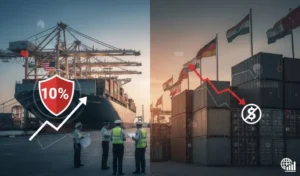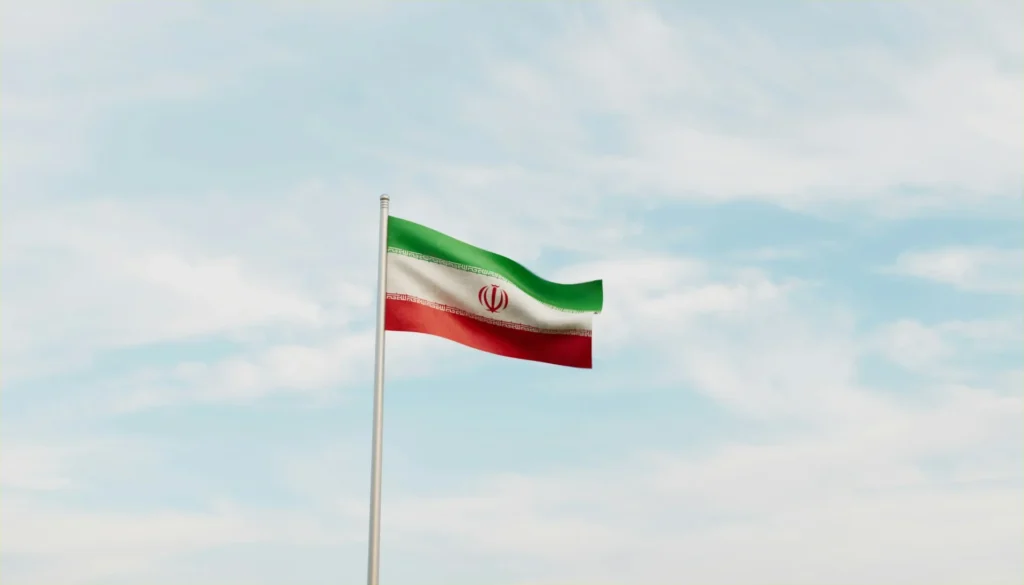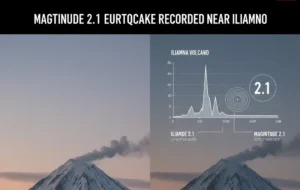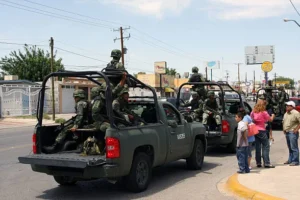President Donald Trump’s decision to strike three Iranian nuclear sites has heightened fears of an expanding Middle East conflict. The United States joined Israel in a coordinated military operation, marking the largest Western assault on Iran since 1979.
Analysts warn Iran may retaliate by shutting down the Strait of Hormuz, which carries over 20% of the global oil supply daily. This strategic waterway links the Gulf to the Arabian Sea and sees nearly 20 million barrels of crude pass through each day.
Iran has recently threatened to pass a resolution supporting closure, but top leadership will ultimately decide to implement the measure. US Secretary of State Marco Rubio explained that if the Strait of Hormuz is closed, it will be an economic suicide.
He noted that Beijing depends heavily on this route for Iranian oil, importing nearly 1.8 million barrels daily last month. Oil prices surged briefly following the attack, with Brent crude touching $81.40 before settling near $78 per barrel.
This threat could impact every major economy, especially China, Japan, India, and South Korea. Experts say a closure would disrupt shipping, spike inflation, and endanger fragile post-pandemic recovery in vulnerable global markets.
Energy analyst Vandana Hari believes Iran would lose more than it gains, risking key trade ties and regional diplomacy. US forces in the Gulf remain on high alert, prepared to counter further Iranian military responses if tensions escalate.
Iran’s Foreign Minister hinted at long-term retaliation while Supreme Leader Ayatollah Khamenei warned Israel must be punished. Despite damage claims, the UN nuclear agency says it cannot verify destruction at Iran’s underground Fordow nuclear facility. China condemned the strikes, calling for restraints and accusing the US of worsening instability in the volatile region.










